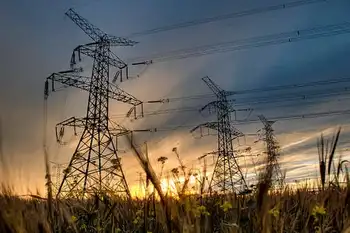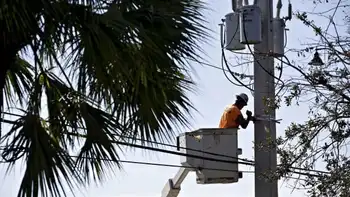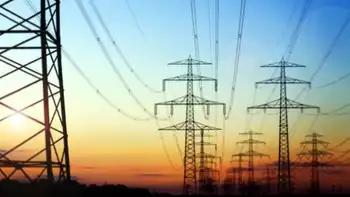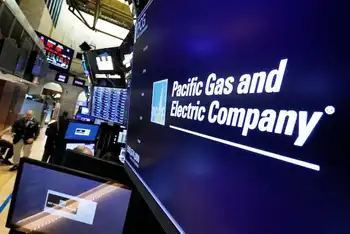HV power lines delayed due to court ruling
Energy officials started cooking up what they call "national interest electric transmission corridors" six years ago. That's when Congress proposed a law to create a fast-track process that would direct more electricity to big cities.
Some corridors would cut through the Southwest United States, including California's Mojave Desert. Almost immediately, environmental groups and state energy authorities objected.
The Wilderness Society and other activists said that federal environmental laws require more scrutiny when the government designates large swaths of land for construction. States including California objected that the federal Department of Energy didn't consult with local authorities.
More than a dozen separate lawsuits about these fast-track transmission corridors have been making their way through courts. Now a three-judge panel of the 9th Circuit Court of Appeals has sided with the environmentalists and the states.
The ruling means the energy department must back up and re-start studies about which cities need the most power – and which lands need the most protection.
Related News
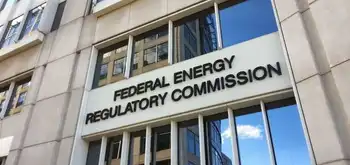
FERC needs to review capacity market performance, GAO recommends
WASHINGTON - Capacity markets may or may not be functioning properly, but FERC can't adequately make that determination, according to the GAO report.
"Available information on the level of resource adequacy ... and related costs in regions with and without capacity markets is not comprehensive or consistent," the report found. "Moreover, consistent data on historical trends in resource adequacy and related costs are not available for regions without capacity markets."
The review concluded that FERC collects some useful information in regions with and without capacity markets, but GAO said it "identified problems with data quality, such as inconsistent data."
GAO included three recommendations, including…


